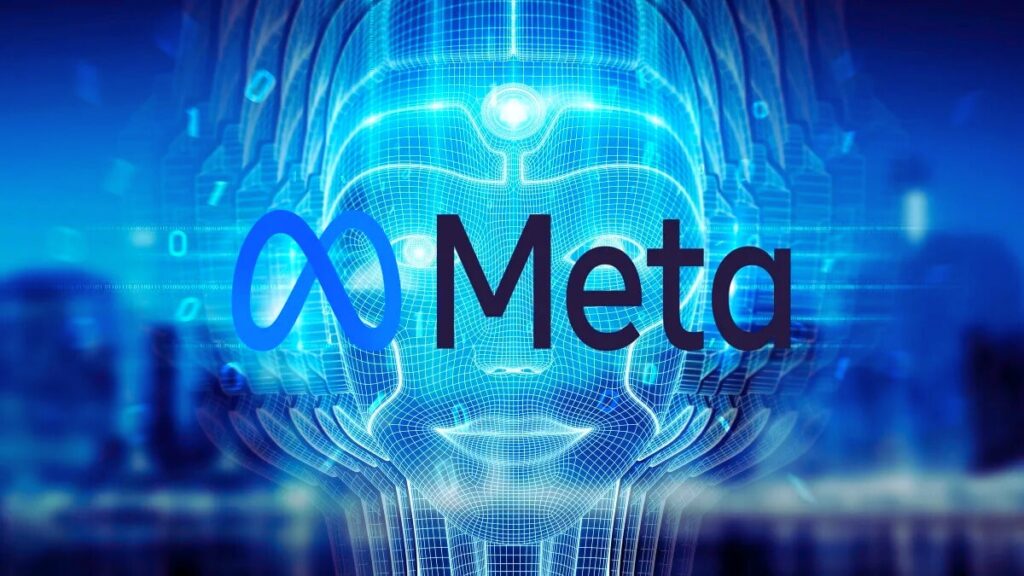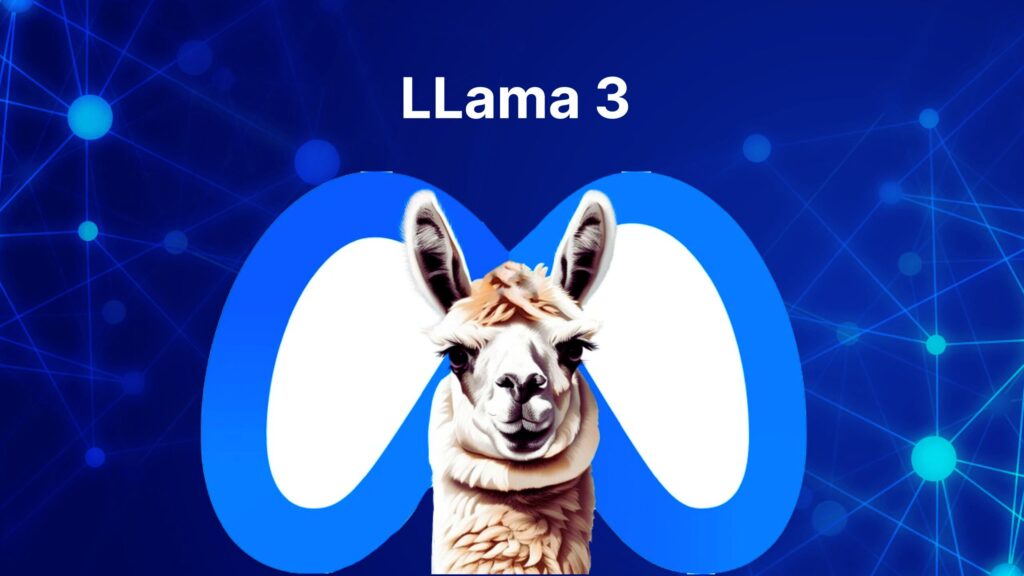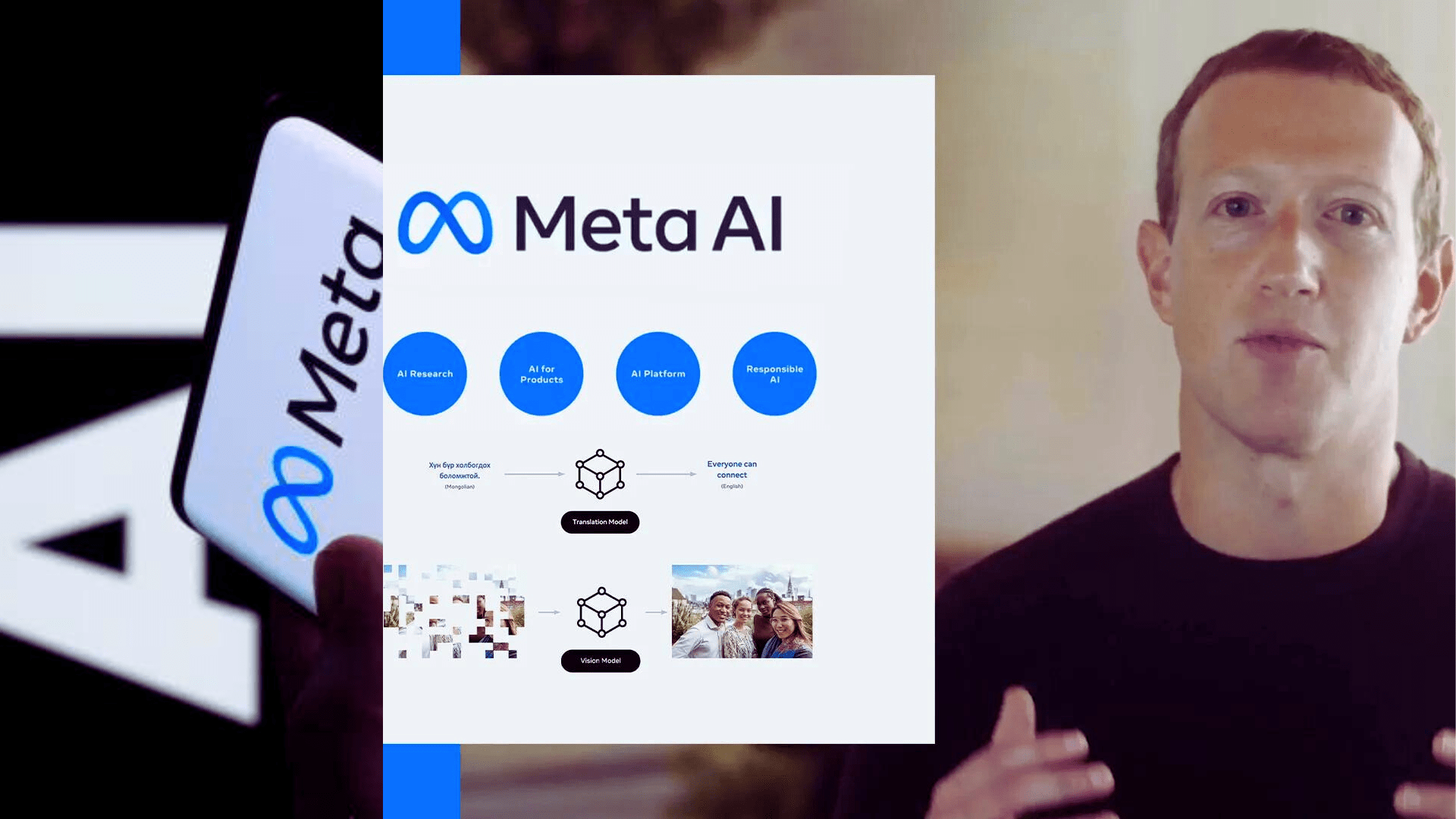Meta AI, formerly known as FAIR (Facebook AI Research), is the artificial intelligence division of Meta Platforms, Inc., which focuses on advancing AI through research and development. This division creates powerful AI models capable of complex reasoning, understanding multimodal data, and engaging in human-like interactions. Meta AI supports a range of applications across Meta’s family of apps such as Facebook, Instagram, WhatsApp, and augmented reality platforms, aiming to improve user experiences through conversational AI and creative tools. Its current flagship AI model, Meta Llama 3, demonstrates advanced capabilities in following instructions, visualizing ideas, and solving nuanced problems, showcasing Meta’s commitment to leading in AI innovation.
Understanding the Basics of AI

Artificial Intelligence (AI) refers to the capability of machines, especially computer systems, to simulate human intelligence processes. This includes learning from experiences, reasoning, and self-correction. AI applications span a variety of tasks that traditionally require human intelligence, such as visual perception, speech recognition, decision-making, and language translation. AI works by combining large amounts of data with fast, iterative processing and intelligent algorithms, allowing the software to learn automatically from patterns or features in the data. AI is often used to perform tasks that are considered “smart,” such as providing recommendations, understanding natural language, or recognizing objects and sounds. The goal is to create systems that can function intelligently and independently, akin to the human mind.
Meta AI’s Role in Modern AI
What Exactly is Meta AI?

Meta AI is an artificial intelligence assistant developed by Meta Platforms, Inc. This AI assistant utilizes the Llama 3 model and is designed to integrate across Meta’s social media platforms such as WhatsApp, Instagram, Facebook, and Messenger. The assistant has been developed to perform a range of tasks including generating images from text and providing more interactive and enhanced user experiences on these platforms. The rollout of Meta AI is part of Meta’s broader initiative to incorporate more sophisticated AI into its infrastructure to support new generative AI products.
The Goals of Meta AI
Meta’s goals for AI focus on advancing technology across various domains to enhance connectivity and innovation. These include:
- Building Artificial General Intelligence (AGI): Meta aims to develop AGI to significantly advance AI capabilities beyond specific narrow tasks.
- Integrating AI in Popular Apps: By incorporating generative AI into widely-used apps, Meta seeks to enhance user engagement and provide novel experiences.
- Research and Infrastructure Expansion: Continuously pushing the boundaries of AI through rigorous research and robust infrastructure improvements is a key strategy. This includes growing their data center capabilities specifically for AI processing needs.
- Prioritizing AI as a Strategic Theme: Meta has declared AI as its top priority for 2024, indicating a significant shift towards AI-focused business and technology strategies.
Meta AI’s Core Technologies and Innovations
Breakthrough Technologies Developed by Meta AI

Meta AI has developed several groundbreaking technologies recently, focusing on enhancing AI capabilities and integrating them into practical applications:
- Llama 3: This is a highly advanced artificial intelligence model, noted for being one of the most powerful to be made open source. It underpins Meta’s new AI assistant, which is positioned as one of the most intelligent on the market.
- Image-Making Models: In collaboration with Microsoft, Meta released innovative image-making models that allow users to generate shareable images effortlessly, enhancing creative capabilities and media generation.
- Responsible AI Deployment: Meta has emphasized a responsible approach in deploying these AI models, ensuring safer and more enjoyable user experiences by addressing ethical considerations before release.
How Meta AI is Shaping the Future
Meta AI is significantly influencing the future through a variety of strategic focuses and technological innovations:
- AI and Metaverse Integration: Meta AI is deeply involved in developing the metaverse, where artificial intelligence plays a crucial role in creating more interactive, immersive, and responsive environments. This integration is seen as pivotal in shaping the future of the Internet and business applications.
- New AI Applications: The company is creating AI-driven solutions that promise to redefine various technological spaces and elevate AI’s role in tackling complex scientific and practical challenges.
- Ethical AI Development: Meta AI is also focused on building AI responsibly, ensuring that their developments in AI fairness and ethical considerations are foundational for future technologies, including those used in the metaverse.
- Advanced AI Tools: Meta continually releases new AI tools, ensuring its competitive edge and influence on the future trajectory of AI technologies.
Real-World Applications of Meta AI
Enhancing Social Media Experiences

Meta AI is enhancing social media experiences through various innovative applications across its platforms:
- AI-Powered Chatbots: Meta has introduced AI-powered chatbots that interact with users on social media platforms, providing a more engaging and responsive user experience.
- Generative AI Features: The company is testing and integrating generative AI to improve user interactions with features like advertising, image generation, chat enhancements, and natural language processing on platforms such as Facebook and Instagram.
- Creative and Productivity Tools: New AI tools are being developed to foster creativity, connection, productivity, and self-expression, enriching the social media environment and user engagement.
- AI in Content Interaction: AI technologies are used to generate comment suggestions and assist in managing interactions, enhancing the overall experience of social media communication.
Advancements in Augmented Reality

Meta’s involvement in augmented reality (AR) is shaping significant advancements, highlighting their commitment to integrating AI with AR for enhanced user experiences:
- New AR Devices: Meta is set to introduce a sophisticated AR device that combines AR and AI technologies, aiming to offer more immersive and interactive experiences.
- Generative AI in Mixed Reality: In 2023, Meta integrated generative AI into popular apps, making significant progress in mixed reality technologies. This integration is expected to evolve further, enhancing how users interact with digital content in real-world settings.
- Future AR Smart Glasses: Meta is planning a phased introduction of AR smart glasses. Initially, a basic model with a display will be launched in 2025, followed by more advanced AR smart glasses in 2027, aiming to provide comprehensive AR solutions.
- Augmented Reality as a Computing Platform: Reality Labs at Meta is focusing on developing AR and VR technologies as the next computing platforms, which are anticipated to revolutionize the future of work and interaction.
AI for Social Good
Meta is actively leveraging AI to foster positive social impacts through several innovative applications:
- Enhanced Accessibility: By integrating AI across its family of apps, Meta enhances real-time information access and image generation tools, improving digital accessibility for users with different needs.
- Social Impact Initiatives: AI is being utilized in diverse areas such as education, public health, and environmental sustainability, albeit in smaller, experimental phases. These initiatives illustrate how AI can address significant societal challenges.
- AI in Advertising and Communication: Generative AI applications revolutionize how Meta handles advertising, chat, and natural language processing, aiming to create more personalized, efficient, and engaging user experiences that can have broader positive effects on society.
- Education and Daily Tasks: AI enhancements in Meta apps assist users in educational tasks and everyday activities like meal planning and content generation, making daily responsibilities easier and more accessible.
Challenges and Ethical Considerations
Addressing AI Bias
Addressing bias in AI involves navigating complex ethical and technical challenges:
- Understanding Bias: AI systems can unintentionally favor certain data sets or outcomes, leading to biased decisions that may disadvantage specific groups.
- Potential for Reinforcement of Biases: AI has the potential to reinforce existing societal biases, making it crucial to integrate fairness into AI development from the onset.
- Ethical Challenges: AI poses several ethical challenges, including privacy concerns, surveillance, and discrimination. The deep implications of these issues necessitate rigorous scrutiny and continuous ethical evaluation.
- Recommendations and Guidelines: Organizations like UNESCO provide examples and guidance on navigating these ethical dilemmas, emphasizing the importance of transparency and accountability in AI implementations.
Privacy and Security Concerns
Privacy and security concerns in the context of AI are significant, and centered around a few key areas:
- Data Privacy: AI systems require large amounts of data to function effectively, which raises concerns about the collection, use, and potential exposure of personal data.
- Ethical Design and Implementation: Organizations must prioritize privacy by integrating ethical considerations into the design and operation of AI systems, ensuring compliance with privacy regulations and ethical standards.
- Transparency and Accountability: There must be transparency in how AI systems operate and use data, with clear accountability mechanisms to address any privacy breaches or unethical use of data.
- Risks of Sensitive Information Disclosure: The capability of AI to process and potentially expose sensitive information demands stringent security measures to prevent unauthorized data access.
Looking Forward: The Future of Meta AI
Upcoming Projects and Research

Meta’s AI division is actively working on several innovative projects and expansions for the future:
- AI Infrastructure Expansion: Meta is focused on expanding its AI infrastructure. By the end of 2024, they plan to significantly increase their infrastructure capacity, which is critical for supporting advanced AI applications.
- Product-Level AI Development: There’s a strategic shift towards integrating AI more deeply into product development. This indicates a move to enhance Meta’s products with more sophisticated AI capabilities.
- Next-Generation AI Hardware: Meta is developing the next generation of their Training and Inference Accelerator (AI-MTIA), which promises to improve the efficiency and performance of AI training and inference processes.
- Community Engagement: Meta continues to engage with the community to navigate the future of AI, gaining insights through forums and discussions that influence their strategic AI developments.
The Impact of Meta AI on Society
Meta’s focus on AI development is poised to have significant social impacts in various sectors:
- Healthcare Innovations: Through collaboration with institutions like NYU Langone Health, Meta AI is working on enhancing medical technologies, such as developing models to accelerate MRI scans, which could significantly improve diagnostic efficiency and patient care.
- AI Ethics and Governance: Meta emphasizes the importance of collaboration between industry, governments, and civil society to develop AI standards and governance models. This collaborative approach aims to ensure that AI technologies are developed and deployed responsibly, balancing progress with vigilance.
- Innovation in AI Technology: Meta has been recognized as one of the most innovative companies due to its development and open sharing of advanced AI models. This not only accelerates AI technology but also democratizes access to state-of-the-art AI capabilities, fostering a broader range of innovation across the tech industry.
- Community and Business Impact: The development of tools like Meta AI built with Llama 3 showcases a push towards creating AI assistants that are more deeply integrated into daily digital interactions, affecting how communities interact and businesses operate.
Conclusion
Meta’s strategic pivot towards AI in 2024 demonstrates its commitment to integrating advanced artificial intelligence across its platforms and services. With AI as its top priority, Meta is positioning itself at the forefront of AI technology. Key developments include:
- Innovation and Integration: Meta has significantly advanced AI technology, integrating generative AI into popular apps and social media platforms, and enhancing the functionality of devices like smart glasses with AI-generated features.
- AI Assistants and Models: The creation of the Meta AI assistant, built with the advanced Llama 3 model, exemplifies Meta’s efforts to create more capable and user-friendly AI tools, which are now among the most intelligent AI assistants available.
- Open Source Contributions: By releasing Llama 3 as open-source, Meta promotes a more collaborative and competitive AI ecosystem, benefiting the broader tech community and fostering innovation.
- Economic and Workforce Impacts: Meta’s focus on AI also anticipates a significant impact on the workforce, with AI expected to play a crucial role in various business processes, enhancing productivity and innovation.
Read also: What is a Ballistic Missile?




